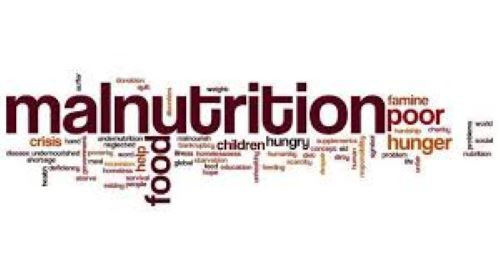A new survey by Médecins Sans Frontières (MSF), conducted in collaboration with Epicentre and the Katsina State Ministry of Health, reveals alarming levels of malnutrition in Katsina State, northwest Nigeria. The findings show malnutrition rates have reached “extremely critical” levels, with global acute malnutrition (GAM) affecting over 30% of children in some areas, and severe acute malnutrition (SAM) — the deadliest form — ranging between 6.8% and 14.4%.
The survey, carried out in July 2024 across Katsina, Jibia, and Mashi Local Government Areas (LGAs), highlights a worsening crisis. Compared to 2022, GAM prevalence has risen sharply, doubling in some areas. Mashi LGA recorded SAM levels of 14%, a figure MSF describes as catastrophic.
MSF’s Medical Coordinator, Dr. Raphael Kananga, expressed deep concern: “These survey results are terrifying. Despite raising alarms for years, the situation has moved from critical to extremely critical. Without increased action, we will see children dying in record numbers.”
The worsening crisis has pushed MSF’s facilities in Katsina State to their limits. From January to September 2024, MSF treated over 100,000 malnourished children, a 20% increase from 2023. Hospital admissions rose by more than 50%, with over 800 children dying due to severe conditions.
The crisis is fueled by a combination of high inflation, currency devaluation, reduced agricultural yields, insecurity, and climate challenges. With food insecurity projected to worsen, MSF warns of an even deadlier scenario in 2025 if immediate support is not provided.
The issue extends beyond Katsina. In Zamfara State, a mass screening found 27% of children suffering from GAM. MSF teams across seven northern states treated 294,000 malnourished children between January and September 2024—a 43% increase from the same period in 2023. However, aid remains insufficient, compounded by global funding cuts and shortages of therapeutic food.
MSF has urged immediate support to scale up malnutrition treatment and prevent further loss of life. Dr. Simba Tirima, MSF’s Country Representative in Nigeria, emphasized the need for collaboration: “We must increase funding and ensure a reliable supply of therapeutic food. With collective action, we can save countless lives next year.”
Despite the dire statistics, Katsina and other affected states in northwest Nigeria are notably absent from the UN’s humanitarian response plan. MSF continues to advocate for their inclusion to address this escalating emergency.
MSF operates in seven northern states, running 10 inpatient facilities and over 30 outpatient feeding centers. These provide critical care for children suffering from moderate and severe malnutrition.
This crisis serves as a sobering reminder of the urgent need for sustained support to protect vulnerable children and avert a worsening catastrophe.


